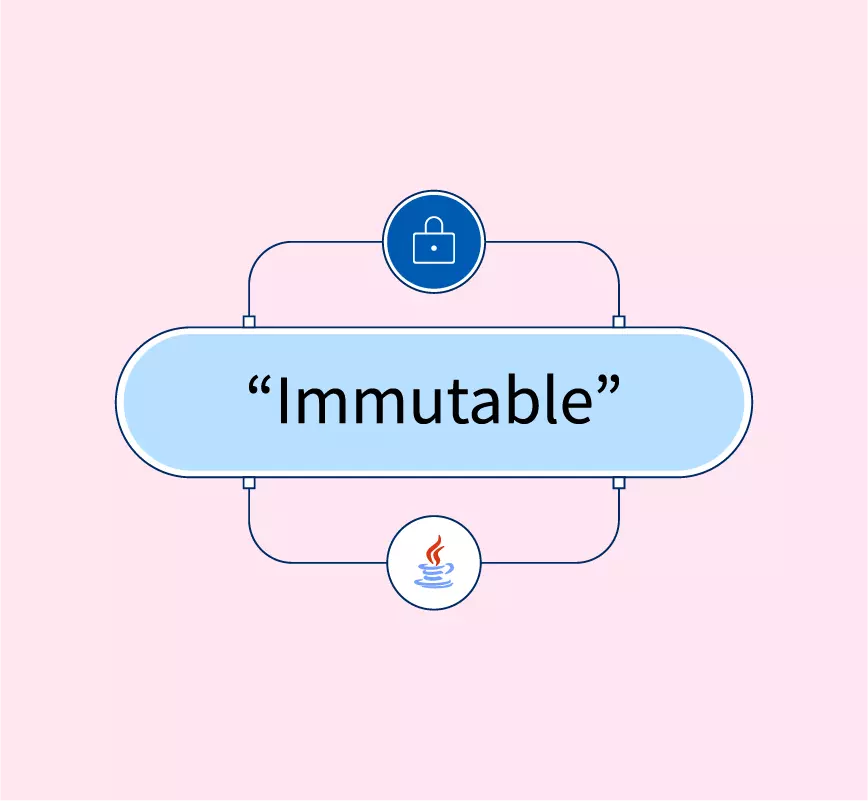Why Are Strings Immutable in Java? Comprehending the Core Principles
Why Are Strings Immutable in Java? Comprehending the Core Principles
Blog Article
Discovering the Advantages of Immutable Strings in Modern Programs Paradigms
In the realm of modern-day programs paradigms, the idea of immutable strings stands as a keystone of robust software application advancement. By adopting immutable strings, programmers can ensure improved information integrity, improved thread security, streamlined debugging processes, boosted safety actions, and effective performance optimization.
Boosted Information Honesty

By preventing the modification of string items, immutability gets rid of the threat of unintentional adjustments to the data they hold. This not only improves the security of the details however likewise enhances the dependability of the code that depends on these strings.
Immutability additionally sustains safer multithreading environments, as simultaneous access to unalterable strings does not pose the risk of data corruption via synchronised modifications. This residential property streamlines the procedure of taking care of strings in parallel shows scenarios.
Fundamentally, immutability acts as a protective guard around the information stored within strings, improving their stability by making sure that once defined, their worths remain the same throughout the program's implementation.

Improved Thread Safety And Security
Unalterable strings enhance the string safety and security of programs by making sure that when a string item is created, its value can not be modified. This building removes the danger of concurrent strings attempting to change the exact same string simultaneously, which could cause information corruption or inconsistent states in the program - Why are strings immutable in Java?. In a multi-threaded setting, where numerous threads accessibility and adjust data all at once, the immutability of strings supplies a level of safety by assuring that the information remains unmodified throughout its lifecycle
Streamlined Debugging Processes
Offered the improved string safety helped with by unalterable strings, a considerable advantage develops in the realm of simplified debugging processes. Immutable strings, as soon as created, can not be modified, making it simpler to trace the flow of information and recognize the resource of insects in a program. This immutability makes certain that strings stay regular throughout the execution of the program, decreasing the probability of unforeseen adjustments that can bring about mistakes.
When debugging with mutable strings, designers frequently experience issues where a string's worth is modified accidentally, making it challenging to determine the origin reason of an insect. However, with immutable strings, the information remains unchanged, permitting programmers to concentrate on evaluating the actual reasoning of the code instead of locating where and when a string was official source changed improperly.
Additionally, immutable strings streamline the debugging procedure by enabling much easier recreation of bugs. Given that immutable strings do not transform state, developers can recreate and examine pests extra effectively, causing quicker identification and resolution of problems within the codebase. This structured debugging workflow ultimately adds to greater software application top quality and boosted total growth efficiency.

Enhanced Safety And Security Measures
Enhancing data defense and strengthening system integrity, the utilization of immutable strings in software applications contributes dramatically to raised safety and security steps. Immutable strings additionally play a vital duty in protecting against usual security susceptabilities such as barrier overflows and SQL shot strikes, as efforts to control string information at runtime are naturally limited.
Additionally, the immutability of strings improves the predictability of program behavior, making it simpler to confirm inputs and avoid unanticipated modifications that can compromise protection. This predictability simplifies the process of bookkeeping and confirming code, allowing developers to recognize possible safety loopholes more successfully. Generally, including immutable strings into software program growth methods not only boosts the robustness and integrity of applications however additionally reinforces their resilience versus safety threats.
Effective Performance Optimization
When dealing with mutable strings, operations like concatenation or substring development often result in the production of new string items, leading to memory expenses and enhanced handling time. By allowing strings to stay consistent and unchangeable, unalterable strings assist in far better memory administration and caching possibilities, ultimately improving the general performance of the software program.
Since immutable strings can not be changed go right here once developed, they can be shared across strings without the threat of unanticipated modifications, lowering the demand for synchronization devices and enhancing concurrency. Unalterable strings streamline debugging procedures as developers can trust that a string's value will certainly remain constant throughout the program's implementation, removing potential mistakes caused by mutable state modifications.
Conclusion
Finally, the benefits of utilizing immutable strings in modern-day shows standards can not be overstated. Enhanced information integrity, boosted thread security, streamlined debugging processes, increased security procedures, and reliable efficiency optimization all add to the overall efficiency of shows tasks. By integrating unalterable strings into programming methods, developers read this article can gain from a much more durable and trusted codebase.
Immutability, a crucial attribute of strings in programs languages such as Java and Python, guarantees that once a string item is developed, it can not be altered or customized.Immutable strings improve the thread security of programs by ensuring that as soon as a string object is produced, its value can not be changed. Immutable strings additionally play a vital function in stopping usual safety and security vulnerabilities such as barrier overflows and SQL injection assaults, as efforts to control string information at runtime are inherently limited.
By allowing strings to remain stable and consistent, immutable strings promote better memory administration and caching chances, inevitably increasing the general efficiency of the software application.
Unalterable strings streamline debugging procedures as programmers can rely on that a string's worth will certainly stay consistent throughout the program's execution, getting rid of possible errors caused by mutable state modifications.
Report this page